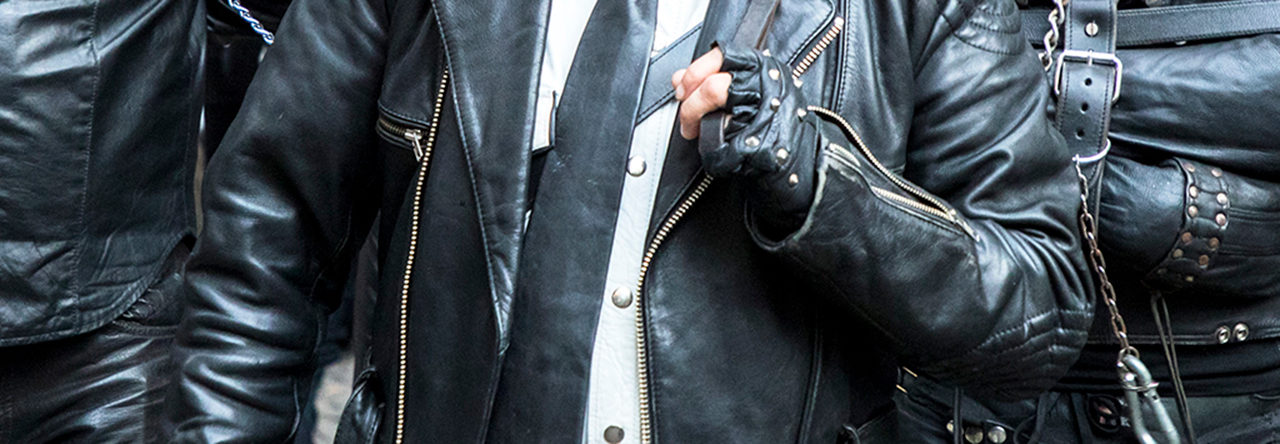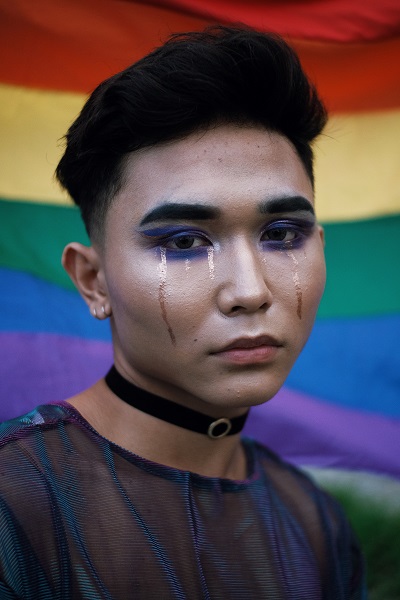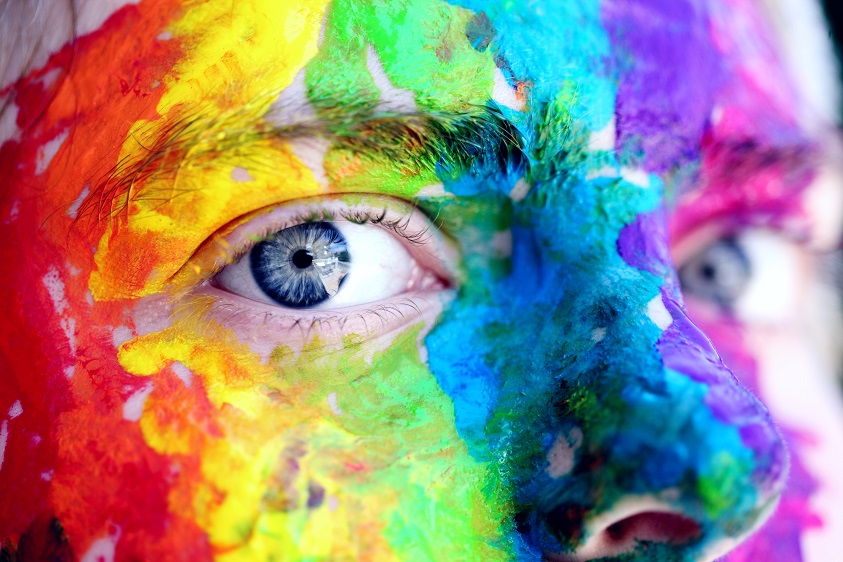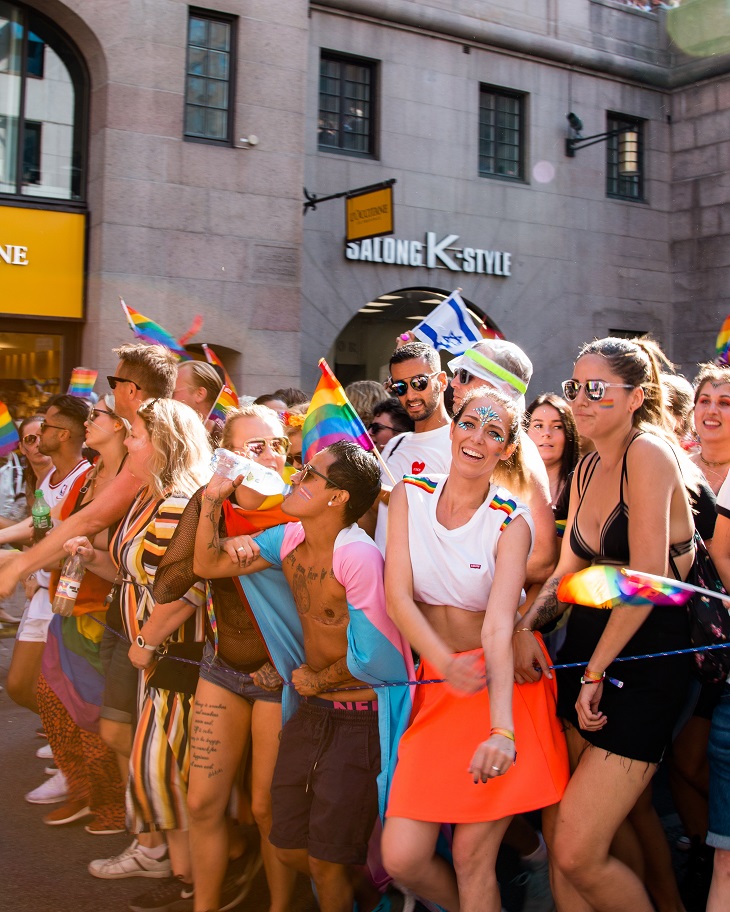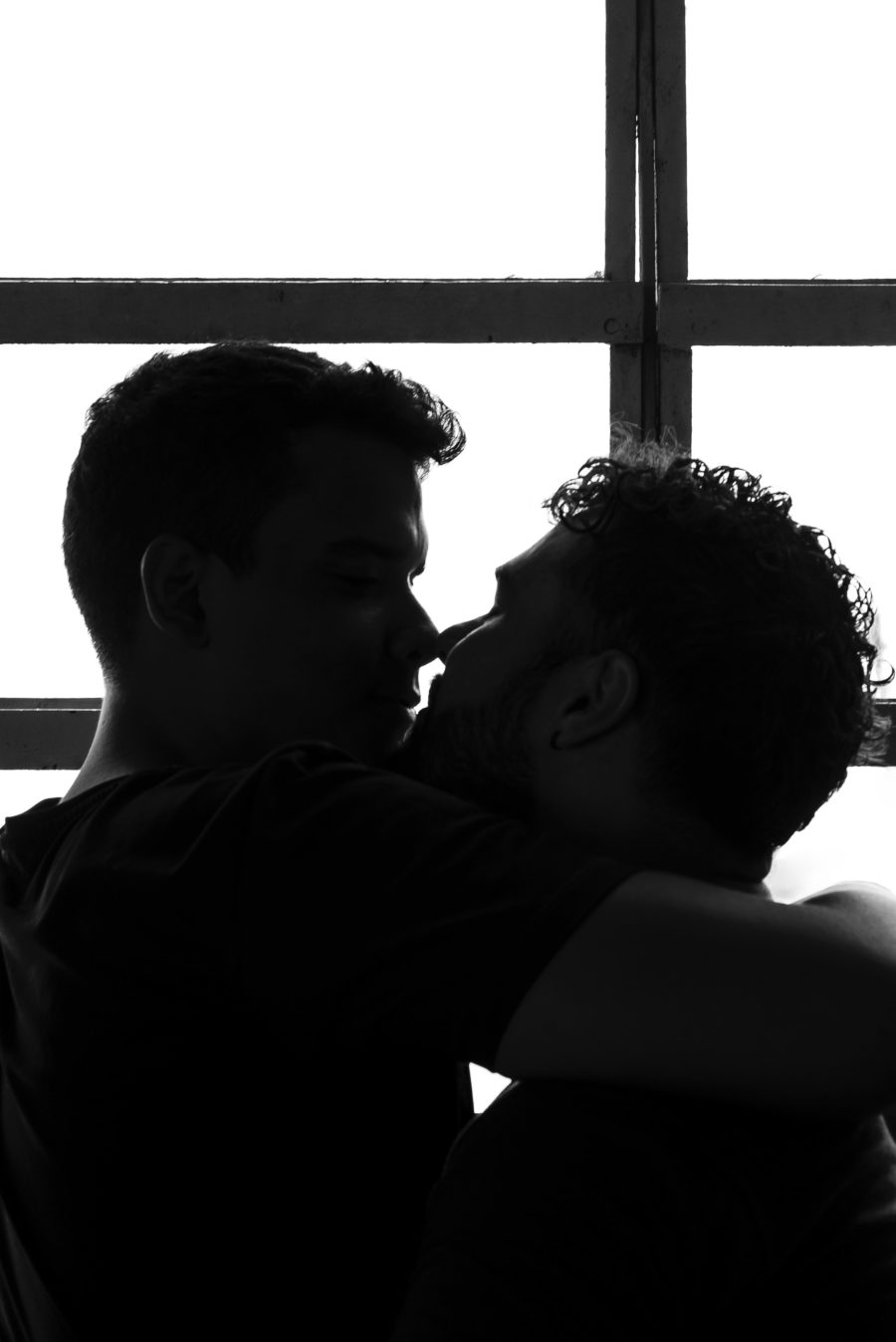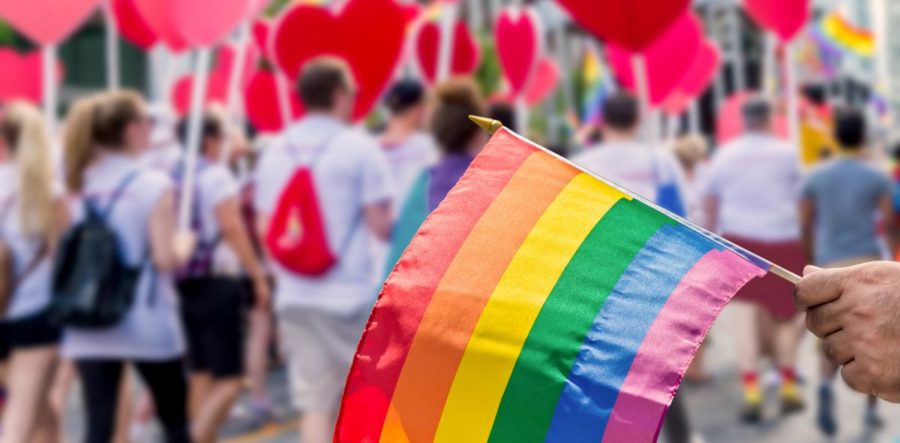How do we deal with our ex? At a time when we often
separate, this question is becoming increasingly important. And do homosexuals
have a better bond with their ex than heterosexuals?
According to the latest figures from Statistics Netherlands (CBS), 38.8% of all marriages fail and a marriage lasts on average 15.1 years. We, the authors of this paper, ended our long relationships – not with each other – after eleven and eighteen years, and thus end up almost exactly at the CBS-average. The average age at which men divorce is 47.4, the age at which women divorce is 44.2. Also in this average we, both gay, fit exemplarily.
At a time when so many people are divorcing, their
environment benefits more than ever from a good ‘marriage’. This concept was
launched eleven years ago by journalist and programme maker Djoeke Veeninga.
She interviewed a number of exes and collected these conversations in a book
entitled ‘Marriage’. It gave a nice insight into how some heterosexual couples
tried to deal with each other in a practical and friendly way, and sometimes
lovingly, after the end of their relationship.
Hard jokes
Most heterosexuals don’t do a marriage, Veeninga had
noticed. There was mainly an atmosphere of making hard jokes about your ex, a
fighting divorce mentality, even among people who are normally forgiving or
capable of solving things reasonably. She and her ex-husband tried to have the
best possible contact. Unbelievable that you still get on so well with each
other’, her environment was surprised to find out. This prompted her to carry
out a small sociological study. She observed that the few heterosexual marriages
were mainly practical, aimed at wanting to do as well as possible for the
children.
After our own relationships had run aground, we started –
after a while from a distance – to organise our marriage. We weren’t married,
but the word marriage can also be used after a long relationship. Children,
often the binding agent between exes, we both don’t have. Advice from our
surroundings often read: Say goodbye to your ex, you have not split up for
nothing. Or: Get over it, date someone else. These advices are in line with the
idea that was common in our society for a long time, namely that it is better,
or at least brighter, if you don’t see your ex anymore. Stripe underneath and
continue.
But we didn’t succeed, the door to our ex-lovers and to
that, often so beautiful, shared life, didn’t want to close. We noticed that
the advice to say goodbye came more often from heterosexuals than from
homosexuals. And we also saw that the gays around us keep their ex in their new
lives much more often than heterosexuals. Is it true that homosexuals usually
have a better bond with their ex-wife than heterosexuals, and if so, why is
that?
There are no figures about marriage, neither for
heterosexuals nor for homosexuals. CBS data do say something about the number
of same-sex divorces since same-sex marriage.
Longer ex than partner
They show that 30 per cent of closed same-sex marriages
ended ten years later. Gays are therefore heading for the same number of
divorces as heterosexuals.
What does the marriage of Ton Muller (52) look like? He had
a relationship for six years, his ex has been his ex for longer than they were
partners. “The great thing is that after the relationship we continued to
grow together,” says Muller. “We discuss everything with each other.
Is the other person in his or her own right, why is he or she, why not? We can
say everything to each other.” During the relationship, Muller had a more
caring role, perhaps because he is a few years older, but in the meantime it
has become more equal. Over the years, he and his ex have started to pay more
attention to each other. Muller: “I don’t easily see the two of us going
out or going on holiday when they’re divorced. My ex and I do that very
easily.”
Rural Gays
Sociologist Laurens Buijs makes a clear distinction between
rural homosexuals and gays in the city. Rural homosexuals live in a terraced
house and form families; their relationships are more similar to those of
heterosexuals. Gays in the city are more likely to experiment when it comes to
relationships, sex, and also drugs, and, according to Buijs, this has an
influence on the way in which urban gays organise their relationships, and also
their marriages. He says that gays have shorter relationships more often and
are more likely to find a new relationship and therefore more often deal better
with their ex-girlfriend.
“Gays do want to have a normal relationship, but often
they don’t succeed very well. Relationships go out faster than heterosexuals
and are followed up more quickly by new relationships.” Buijs blames this
on the heteronormative society. In puberty, when everyone starts sniffing
around, homosexuals notice that sniffing around is not as obvious as it is for
heterosexuals. That’s why they don’t go through the adolescent phase until later:
when they end up in an environment where it’s possible. This late adolescence
is the cause of adhesion problems and the quicker termination of relationships,
says Buijs, but also the granting of each other a new future.
Past and future
Ton Muller: “Straight people still have their children
after their divorce and therefore keep a connection with the past, the present
and the future. I have come to see my exes as my family, they are my past and
my future. That’s not going to happen consciously, but I think this way I will
make sure that I won’t get lonely later on. And so are they.”
Luisa Gouveia (51) had a relationship with a woman for
twenty years. Since the break they call each other almost every day. “We
know each other so well, we continue to feel responsible for each other, like
sisters. We don’t have to wait for each other. When my new relationship
started, my ex-wife dragged me through it. Put on your sneakers and run’, she
would call on the phone. She knows exactly what’s right for me.”
Doris van Delft (28) does not describe the relationship with
her friend as friendship, but as special. “We came out of the closet with
each other, so you’ve been through something together.”
Swedish professor of gender studies Jens Rydström sees that
also in Scandinavia gay men are more often friends with each other than
heterosexuals. “Gays often need a self-formed family,” he says.
Exotic
Earlier Rydström wrote the handbook on Scandinavian gay
marriage ‘Odd Couples: A history of Gay Marriage in Scandinavia’. He says:
“Your ex is your family. Maybe young gay couples will do things
differently later, will need each other less, but I’m not sure, homosexuals
remain a minority group with perhaps always their own laws.” Recently the
professor went on winter sports with his ex-boyfriend. Rydström: “We both
love skiing, and our current partners don’t, it was a practical and pleasant
solution. But heterosexuals around me thought it was strange, almost
exotic.”
Social scientist Linda Duits, who specializes in gender and
media studies, blames the Christian tradition for the fact that heterosexuals
are usually more difficult about friendship with an ex than homosexuals.
“It is deeply rooted in our culture that men and women have to have sex in
order to take care of their offspring. That puts a lot of pressure on the way
they get along, even when they are exes.”
German says that the big difference is that gays follow a
fairly modern scenario. “Gays started writing their own ‘script’ in the
sixties, from the moment the first gay men became public.” A script is a
kind of model on which like-minded people start to live. According to German,
heterosexuals often follow a traditional script in terms of relationships and
divorces. She notes, just like Buijs earlier, that there are also gay couples
who follow the heteroscript more closely, and vice versa: heterosexuals who
look at the gay script more closely. Just as there are gay couples who never
see each other again after the divorce. Clattering divorces, fighting divorces
as we also know them among heterosexuals, occur just as well among homosexuals.
But less often, we can conclude cautiously.
Another explanation why homosexuals continue to see each
other in a friendly way after their divorce lies in the way in which
homosexuals shape their relationship. This is what American research from 2003
shows. Gays are better at making it possible to discuss and resolve conflicts
with their partners than heterosexuals; they start the conversation more
positively. In any case, homosexuals in a relationship are usually more equal
to each other. Moreover, they are usually more cautious in expressing
criticism, because they often do not have children as a binding agent to save
the relationship. Therefore, they look for a calmer and respectful way to
discuss dissatisfaction.
Although more and more divorced heterosexuals have a special
bond with their ex-wife, Laurens Buijs thinks that homosexuals take the lead in
this. “Straight people can learn a lot from gay people. In heterosexuals,
he often notices more shame when a relationship goes out. “A lot of gay
men have thrown open their sexual relationship, which gives them more autonomy
and equality. As far as I’m concerned, the hetero-family model has had its day.
I grant heterosexuals that they take themselves less seriously in that
area.”
Linda Duits also thinks that heterosexuals should look more
at homosexuals, both in the way they have a relationship and in the way they
form a marriage. “In an open relationship, you don’t put an exclusive
claim on the other person as much as in an open relationship. That makes the
relationship healthier.” German explains that in a monogamous relationship
the rule is still ‘You are mine’. “Clearly a legacy of our religious
culture. As a woman, you were once given away by your father, you literally
became someone else’s.”
A good marriage doesn’t have to stand in the way of a new
future, of course. A good marriage is not about one night of ice either. It takes
time to build that up, just like a love affair. Djoeke Veeninga wrote about her
own marriage: ‘Now that her daughter is mature and independent, VM and I have
come to Marriage of our own accord in the autumn of this year. VM stands here
for Former Man.
Now, eleven years later, her marriage has stabilized.
Veeninga: “We form a large newly composed family. Me and my husband, his
children and my child will soon go to Suriname where my ex-husband is with his
children. A lot of fun.” Veeninga suspects that in heterosexual movement
there is a lot of marriage. “Professionally anyway, there is a whole
market of mediators and divorce experts.”

